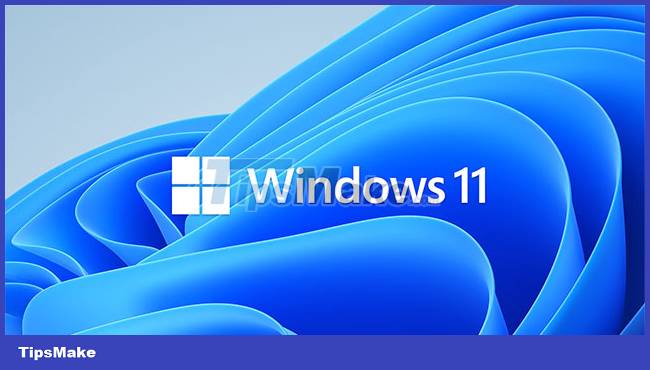Microsoft adds new series of AMD Ryzen CPUs to Windows 11 supported list
To reschedule, Microsoft has recently quietly updated the list of current processors that are fully supported with Windows 11. The new series of CPUs added to the list come from the AMD brand. Among them is a very remarkable case involving a CPU model that has not even been officially launched by 'Red Team'. Previously, Microsoft updated this list of supported CPUs around May, adding many new AMD processor models, mainly the X3D series.

The updated list, published on July 25, adds a number of new Ryzen processors that will be supported on Windows 11, including one that hasn't been announced by AMD. However, the Ryzen 9 7945HX3D, the first mobile chip with 3D V-cache recently released by AMD, is not yet on the list. Oddly enough, the listing also removes some Intel chips that were previously listed as having Windows 11 support.
New AMD processors added to the list include:
- AMD Ryzen 5 PRO 4655G
- AMD Ryzen 5 PRO 4655GE
- AMD Ryzen 3 5380U
The PRO series chips listed above are based on AMD's Renoir product line. In case you didn't know, Renoir is AMD's Zen 2 series of APUs that come with 2nd Gen Vega graphics onboard. While the 4655G has a TDP of 65W, the 4655GE has a TDP of only 35W.
The third and most notable CPU on the list of additions: the Ryzen 3 5380U, is a product that has not been officially launched but has only appeared as a rumor. AMD has not even posted any information about this SKU on its website. However, it is more likely that this will be a chip from AMD's "Lucienne" series. "Lucienne" are mobile chip models based on the Zen 2 architecture with integrated Vega graphics.
Basically, there are separate listings for both Windows 11 21H2 and 22H2, although the overall system requirements of Windows 11 haven't changed (much) since the original 21H2 announcement. So if you were hoping that currently unsupported hardware might suddenly appear additionally on the support list, it simply won't happen.
You should read it
- ★ AMD released the 2nd generation Ryzen computer processor with SenseMI technology
- ★ List of MSI motherboards that support Windows 11
- ★ Intel unveiled the 'real' benchmark results of the 9th generation Intel chip, defeating AMD Ryzen 3000 at all important tasks.
- ★ This is why you will choose AMD's latest 3rd generation Ryzen CPU instead of Intel chips
- ★ AMD released the first Ryzen-Vega chip combo for desktop computers